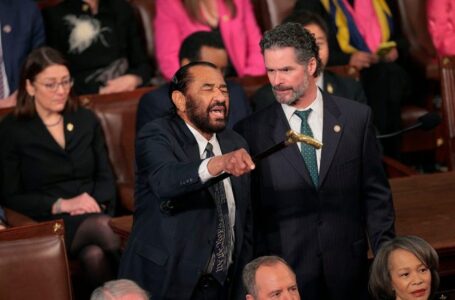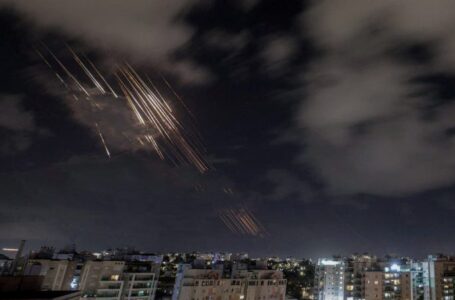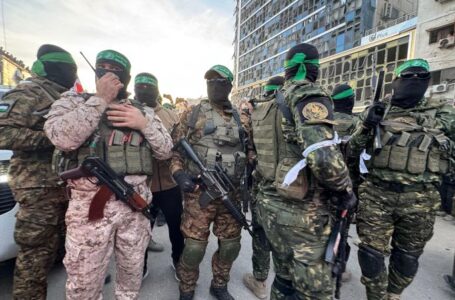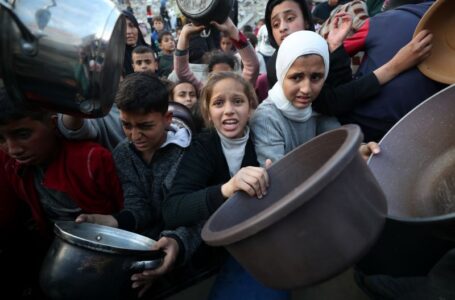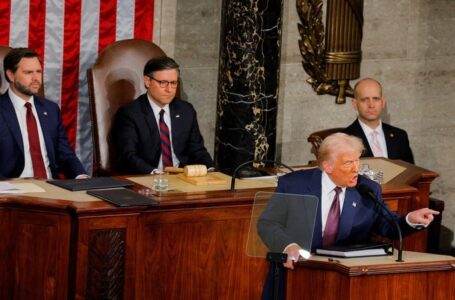SCOOP: Dems who derailed Al Green censure could be stripped of House committee roles
Crucial dam at risk as Kurds and Turkish-backed groups battle in northern Syria
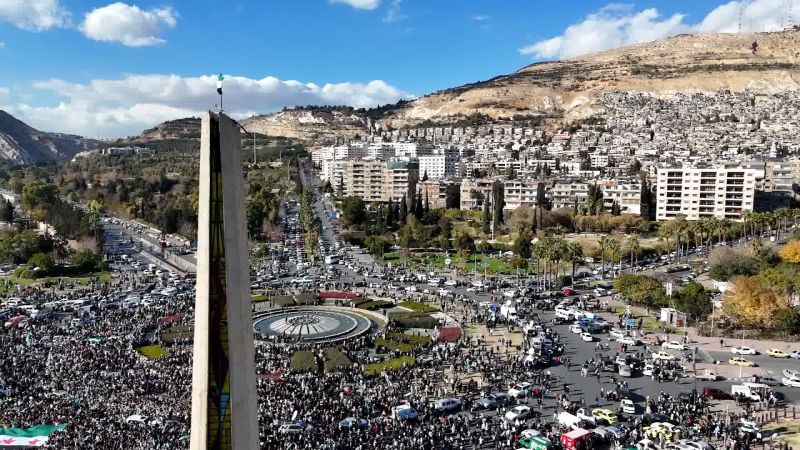

A crucial dam is at risk as fighting continues in several areas of northern Syria between Kurdish groups and Turkish-backed factions.
While much of central and southern Syria appears calm after opposition forces overthrew the Assad regime, a patchwork of territorial rivalries in the north has exploded into open combat, sparking concerns ISIS could exploit the deteriorating security situation.
Most of the clashes involve Kurdish groups under the banner of the Syrian Democratic Forces (SDF) and pro-Turkish elements of the Free Syrian Army (FSA), which are part of the broader coalition that ousted Bashar al-Assad.
While a four-day ceasefire in the city of Manbij was announced on Thursday, fighting has continued to its south, especially around the Tishreen Dam, despite the truce stipulating that both sides should withdraw from the area.
The SDF said Friday that after three days of fighting around the dam and an important bridge across the Euphrates river, its forces had driven back “the mercenaries’ attacks.” It claimed to have killed more than 200 enemy fighters while losing only eight.
However, video surfaced Friday purporting to show fighters from a Turkish-backed group in control of the bridge over the dam.
Some experts have expressed concern that the fighting could damage the dam and cause extensive flooding of more than 40 villages downstream. The UN has warned the dam’s structural integrity is at risk.
Further south in the city of Raqqa, which is controlled by the SDF, clashes erupted Thursday after hundreds took to the streets to celebrate the Assad regime falling. One person was killed and 15 wounded in the resulting gunfire and stampede, according to a local journalist and witnesses.
Some residents in Raqqa have called on the SDF to hand over control of the city to the FSA. The majority of Raqqa’s population is Arab with Kurds being the minority.
There were no reports of further unrest in Raqqa Friday.
The SDF has been a US ally since 2017 in the battle to eradicate ISIS, the terror group which at one point held a large swathe of northern Syria. But the Turkish government has long regarded Syrian Kurdish groups as part of or linked to the PKK, a militant Kurdish group that has carried out many attacks in Turkey over the last three decades.
US Secretary of State Antony Blinken was in Ankara Friday meeting with his Turkish counterpart Hakan Fidan to discuss the situation in Syria – and the risk that renewed conflict in the north could provide an opening for ISIS’ revival.
The SDF and other Kurdish elements have controlled several enclaves in northern Syria since regime control in the north evaporated when ISIS was at its height in 2015. In the far north-east of the country, near the Iraqi border, the SDF controls a large detention camp at Al Hol for relatives of ISIS fighters, as well as other facilities where suspected ISIS militants are held.
Blinken has acknowledged this role, saying the SDF has been “critical to guarding the detention facilities where thousands of foreign terrorist fighters have been detained for years, keeping them off of the battlefield.”
Analysts say that the sectarian conflict in the north will be hard to contain, with Armed Conflict Location & Event Data commenting that the clashes reflect a “broader struggle over territorial control and political dominance in northern Syria.”
It added that ISIS “is poised to exploit the resulting security vacuum, potentially turning the central desert into a hotspot of conflict.”
Jennifer Hansler contributed reporting from Ankara. Nechirvan Mando also contributed reporting

